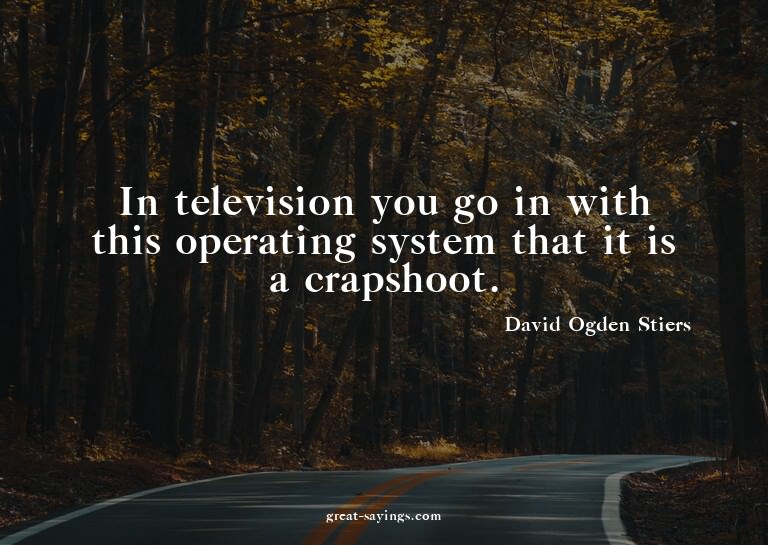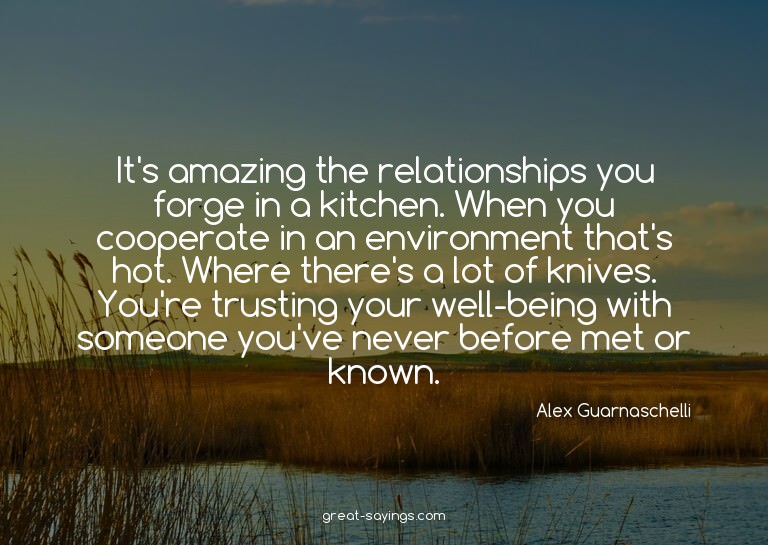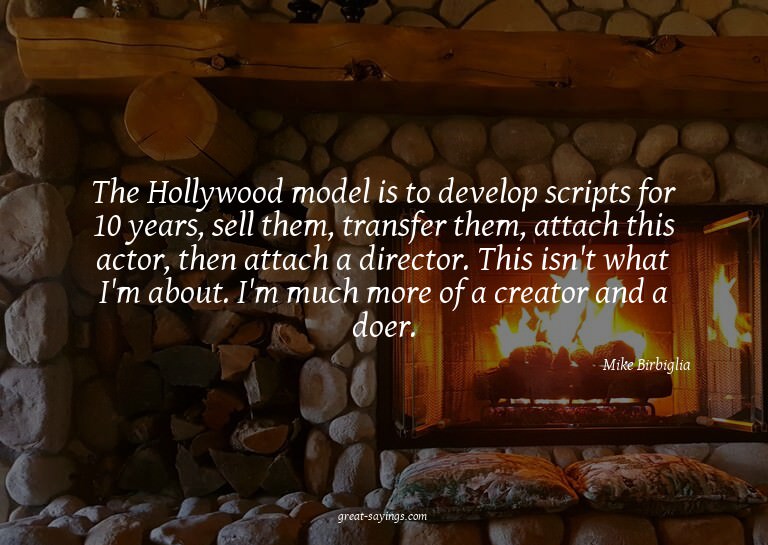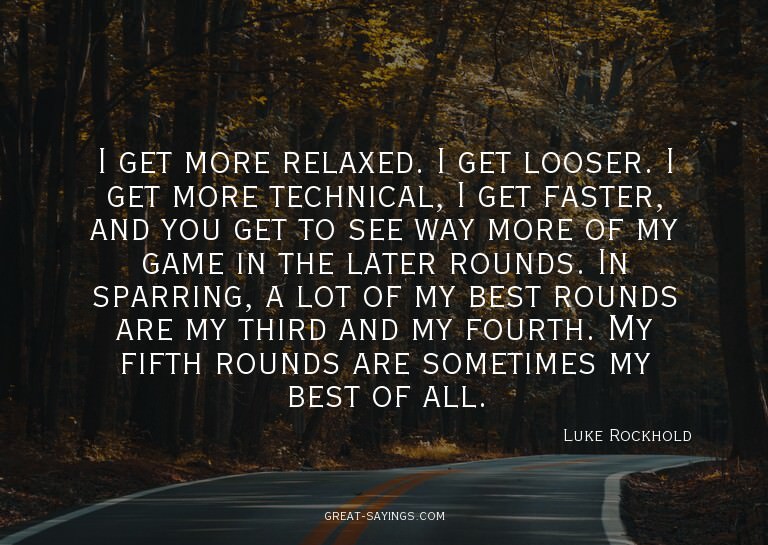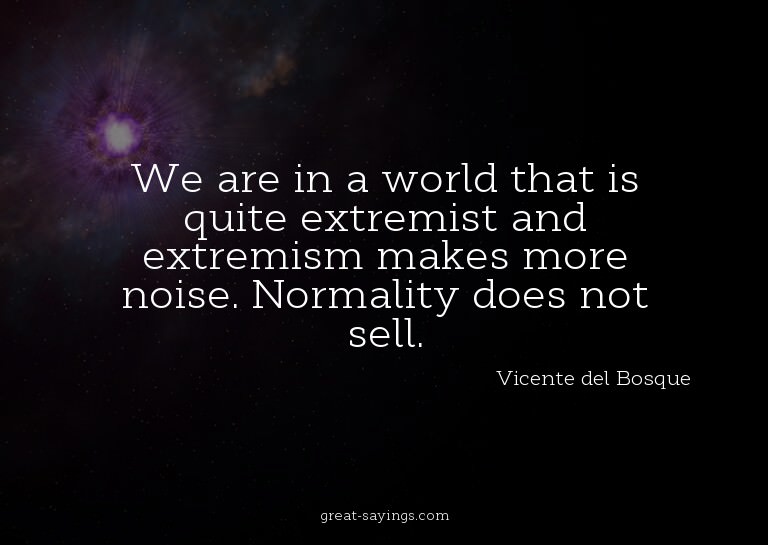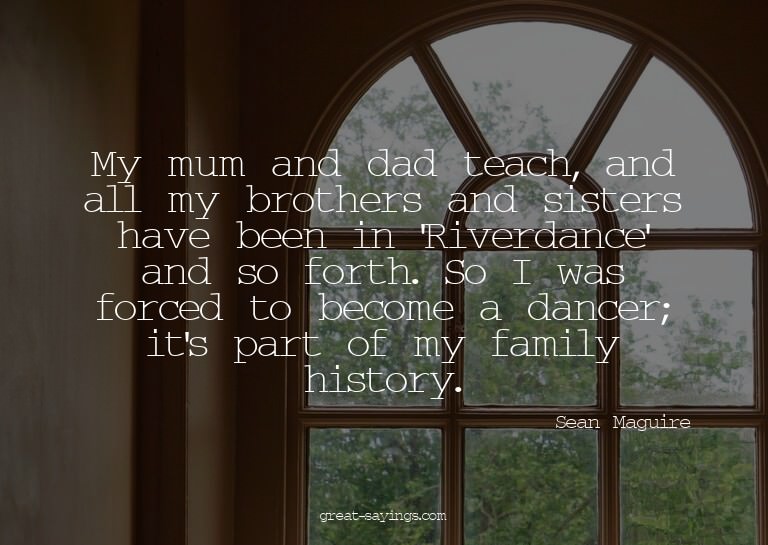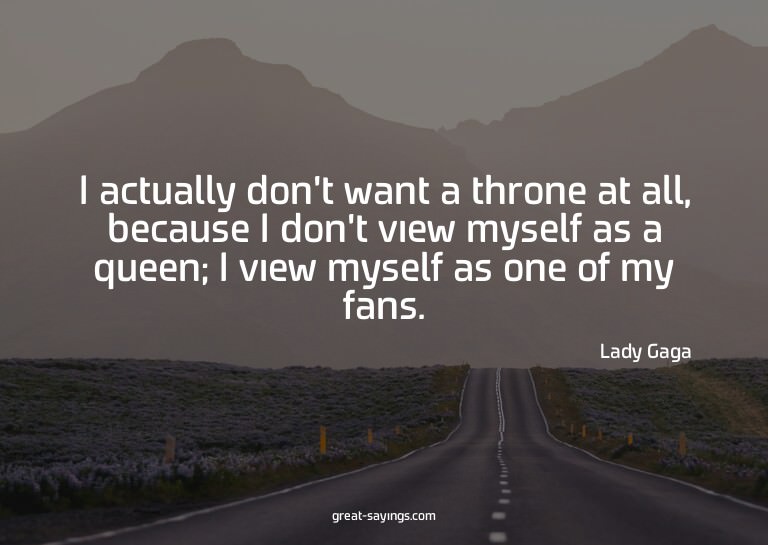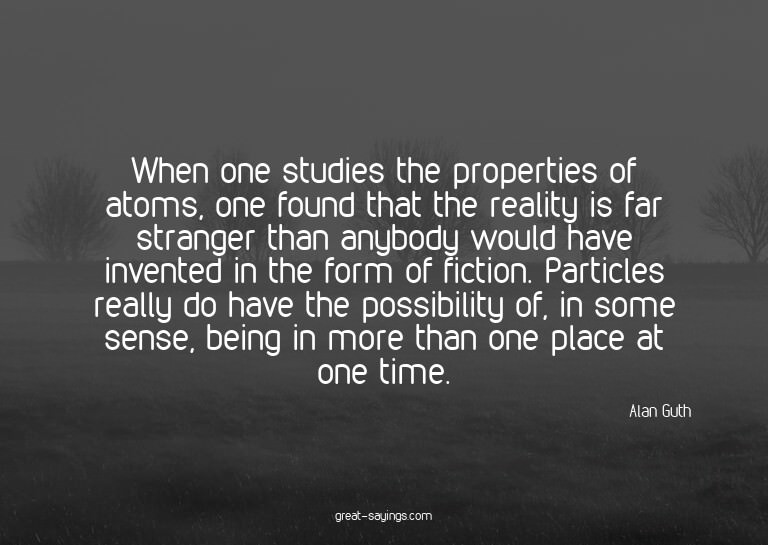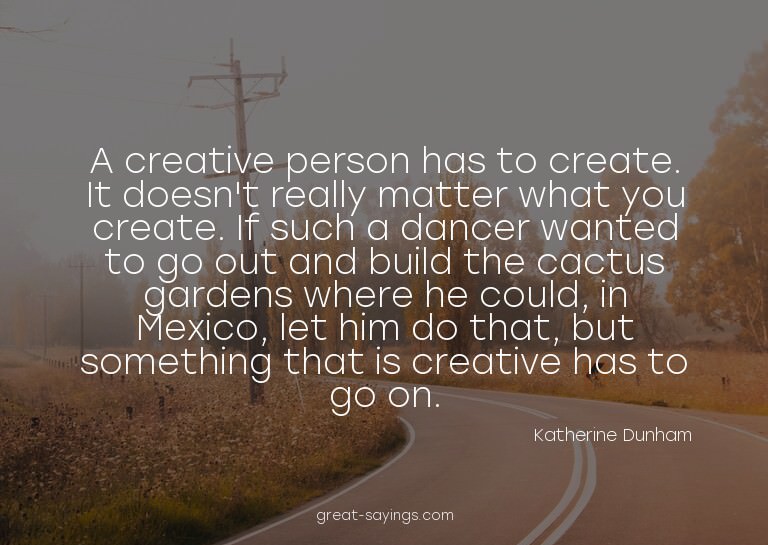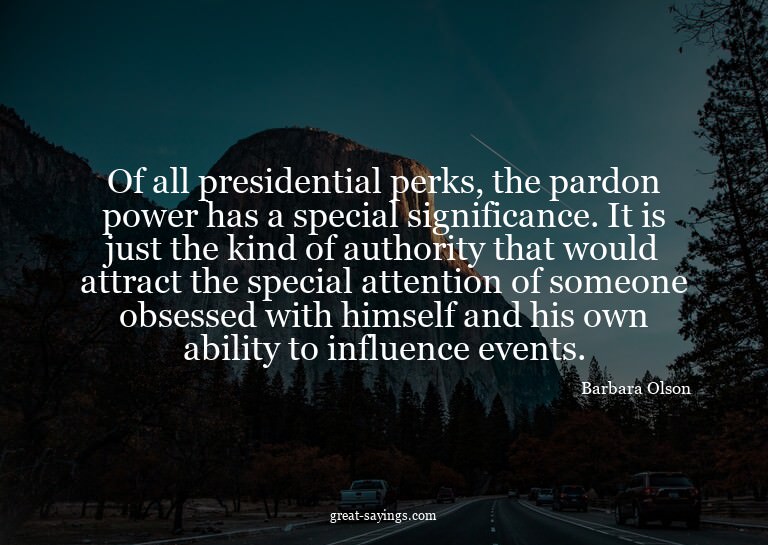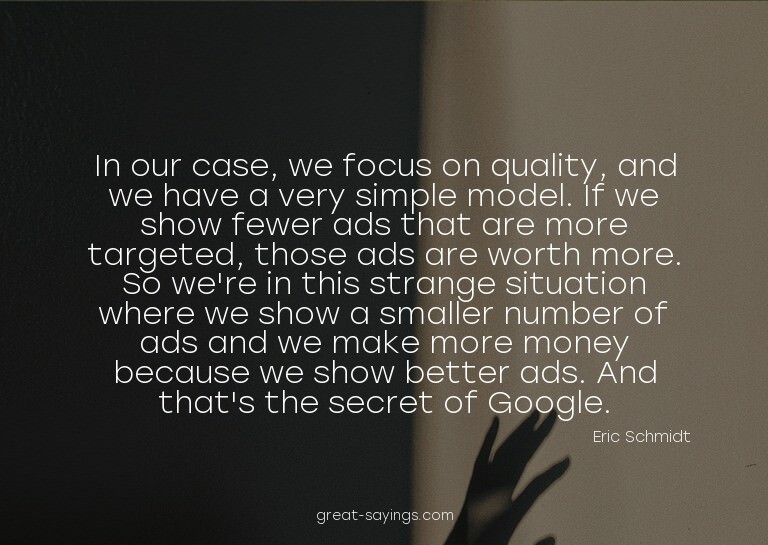Words matter. These are the best Patriarchal Quotes from famous people such as Kriti Sanon, Stella Young, Adrianne Lenker, James Wolcott, Deeyah Khan, and they’re great for sharing with your friends.
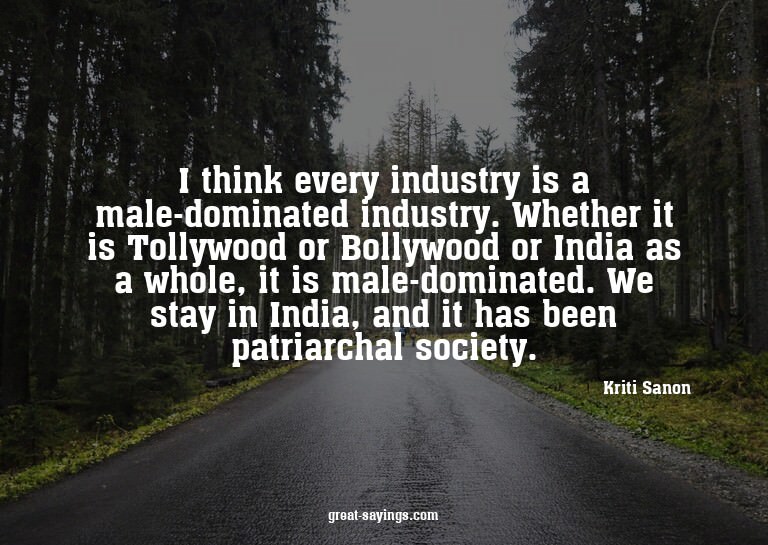
I think every industry is a male-dominated industry. Whether it is Tollywood or Bollywood or India as a whole, it is male-dominated. We stay in India, and it has been patriarchal society.
I, like many women, buy into patriarchal standards of beauty every day. I very rarely leave the house without make-up. I dye my hair. I wear clothes that I choose carefully for how they make me look to the outside world.
I feel like there’s such ancient pain in us as humans. For instance, we come from this patriarchal lineage where women have been oppressed, and we’re feeling, I think, collective pain from these energies being so out of balance.
It isn’t that NPR is matriarchal but that it has dedicated itself to not being patriarchal in its outlook and presentation, stipulating from the outset that its headline voices would not resound across the fruited plains from big male bags of air sent from Mount Olympus.
Women with education, skills, and independent sources of income are more able to withstand the pressures of the patriarchal family and more able to express their opinions and to move freely within their communities.
In a patriarchal society like ours, women have to fight hard for a seat at the table. Boys are privileged over girls from birth. Equal opportunity and access for both girls and boys must become the norm.
I grew up Catholic, so I have these defenses about listening to anything with too much religiosity; some of the lyrics didn’t sit well in my mouth. One of my beefs is the patriarchal setup. Having the ‘he, he, he, God, God, God, king, king, king’ stuff was hard for me.
Patriarchy is a bully notion, which if you will notice never attacks a nation that can defend itself. Zionism is patriarchal and sets Judaism on its head.
I don’t know if I have any particular views about women in positions of power, though I do think it’s more difficult for women, particularly in a Medieval setting. They have the additional problem that they’re a woman and people don’t want them in a position of power in an essentially patriarchal society.
It’s Russia. It’s a patriarchal society. That’s a fact you have to get used to. We have sexism. And it’s widespread.
The odds are stacked heavily against women in politics. They are up against strong, entrenched and largely patriarchal lobbies in political parties.
When I was producing on my own, I was doing it in order to – in a very patriarchal entertainment industry, let alone planet – very much hell-bent on trying to prove to myself, if nothing else, that I could do it as a woman.
Changing age old patriarchal mindsets is a difficult long process and involves constant communication and dialogue.
It’s only that we live in a patriarchal society, and therefore, the word ‘feminism’ has to be used as a counter to patriarchy. But feminism is about being equal. The word used should be ‘equalist,’ as it is about all humans being equal and respecting each other for that.
The clan is nothing more than a larger family, with its patriarchal chief as the natural head, and the union of several clans by intermarriage and voluntary connection constitutes the tribe.
I remember my father, who was ‘somebody’ in the synagogue, bringing home with him one of the poor men who waited outside to be chosen to share the Passover meal. These patriarchal manners I remember well, although there was about them an air of bourgeois benevolence which was somewhat comic.
The mother must socialize her daughter to become subordinate to men, and if her daughter challenges patriarchal norms, the mother is likely to defend the patriarchal structures against her own daughters.
Being gay immediately placed me outside the values of the society I was growing up in. Apartheid was a very patriarchal system, so its assumptions seemed foreign to me from the outset. I’ve always had the advantage of alienation.
My feminism is what came squarely up against my faith. There’s a lot of ecstatic post-patriarchal Christians who have stuff they do with that. But at that point, you’re doing Christianity with a double-superscript. The Bible, and especially the book of Genesis, is pretty unapologetically patriarchal.
The main criticism that I get is, ‘Aren’t you just conforming to a patriarchal standard of beauty?’ Well, this is just the body I was given. I didn’t do anything to it – it’s just my body. But even if I had altered it, that would be fine, too.
Despite erasure by the media and other patriarchal institutions, there was, by 1975, a substantial body of feminist writings as well as artwork, music, films, and organization of all kinds.
OOO objects have all the abjection added back in. They don’t behave like normalized patriarchal subjects at all.
We live in a very masculine society, a very patriarchal society, still. So we also have the benefit of the experience of that society. We’re not coming from ‘women’s world’ into filmmaking, we’re coming from ‘the world.’
All over the world, young males and females, schooled in the art of patriarchal thinking, are building an identity on a foundation that sees the will to do violence as the essential way to assert being.
I don’t like following the rules – the patriarchal rules.
In a sense, all of my books have been about a ‘poisonous pedagogy,’ which engenders a culture of obedience, this underlying theme of patriarchal systems.
The sweetest feeling you can have in this world is to feel the hand of the Lord upon your shoulder. In my patriarchal blessing as a boy, I was promised that I would have the gift of discernment. I have to acknowledge that such a declaration has been abundantly fulfilled in my life.
Nothing is good in this society. This patriarchal society is bad.
I was not supposed to be in any way a liberated person. I was a female born in the ’40s in a patriarchal family; I was supposed to marry and make everyone around me happy.
I was born in ancient times, at the end of the world, in a patriarchal Catholic and conservative family. No wonder that by age five I was a raging feminist – although the term had not reached Chile yet, so nobody knew what the heck was wrong with me.
Rawn did her own thing in her own way. She cast the female gaze on a genre heavy with all-male quest fellowships, trophy females, and the occasional Smurfette. Her world was male-dominated and highly patriarchal, but she populated it with notable numbers of well-drawn female characters.
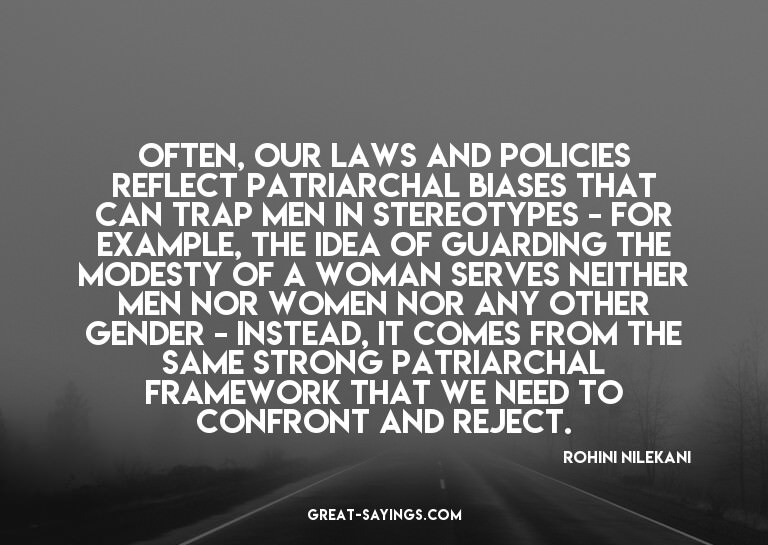
Often, our laws and policies reflect patriarchal biases that can trap men in stereotypes – for example, the idea of guarding the modesty of a woman serves neither men nor women nor any other gender – instead, it comes from the same strong patriarchal framework that we need to confront and reject.
Women are the victims of this patriarchal culture, but they are also its carriers. Let us keep in mind that every oppressive man was raised in the confines of his mother’s home.
It’s interesting, I’m from a really conservative, suburban town, and a majority of my family are very patriarchal. I mean, I love my family members, but they’re slightly misogynistic, very closed-minded. But I’m sure a lot of us have families like that.
Growing up in a Jewish matriarchal world inside the patriarchal paradise of Salt Lake City, Utah, gave me increased perspective on gender issues, as it also did my gay brother and my lesbian sister. Our younger sister is the perfect Jewish-American wife and mother, and is fiercely proud of that fact.
I think that you need to balance a critique of feminine, patriarchal beauty ideals while simultaneously understanding how they can make you safe, and they can make you feel safe, and they can open up certain doors for you that would have been closed.
Women in most countries have not achieved much, because they can’t be liberated under the patriarchal, capitalist, imperialist and military system that determines the way we live now, and which is governed by power, not justice, by false democracy, not real freedom.
After the novel was published, I came to feel that I couldn’t call myself Orthodox anymore. It’s so patriarchal, anti-women, anti-gay. There was something about writing ‘Disobedience’… it felt like I had put it all in the book. I had done my best by it, recorded what it meant for me. I felt I was done.
Cinema has the power to change the society. Through my films, the kind of characters I have played and will play, I am trying to do my bit in changing the patriarchal mindset.
I’m happy to say that I’m a lesbian in the world. I know there are people who don’t want to be called women comedians, but I think it gives a path to the fact that we live in extremely patriarchal times.

